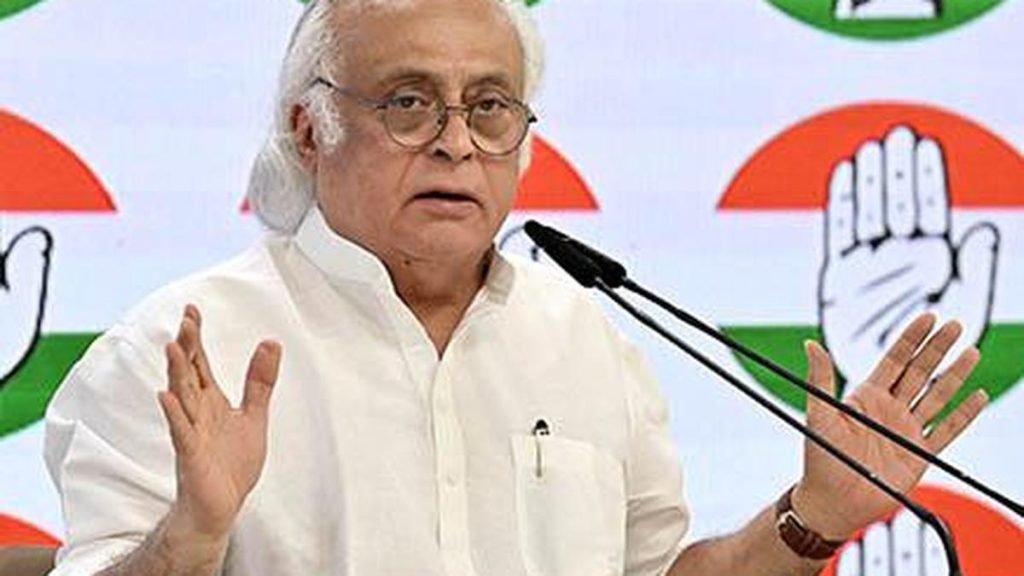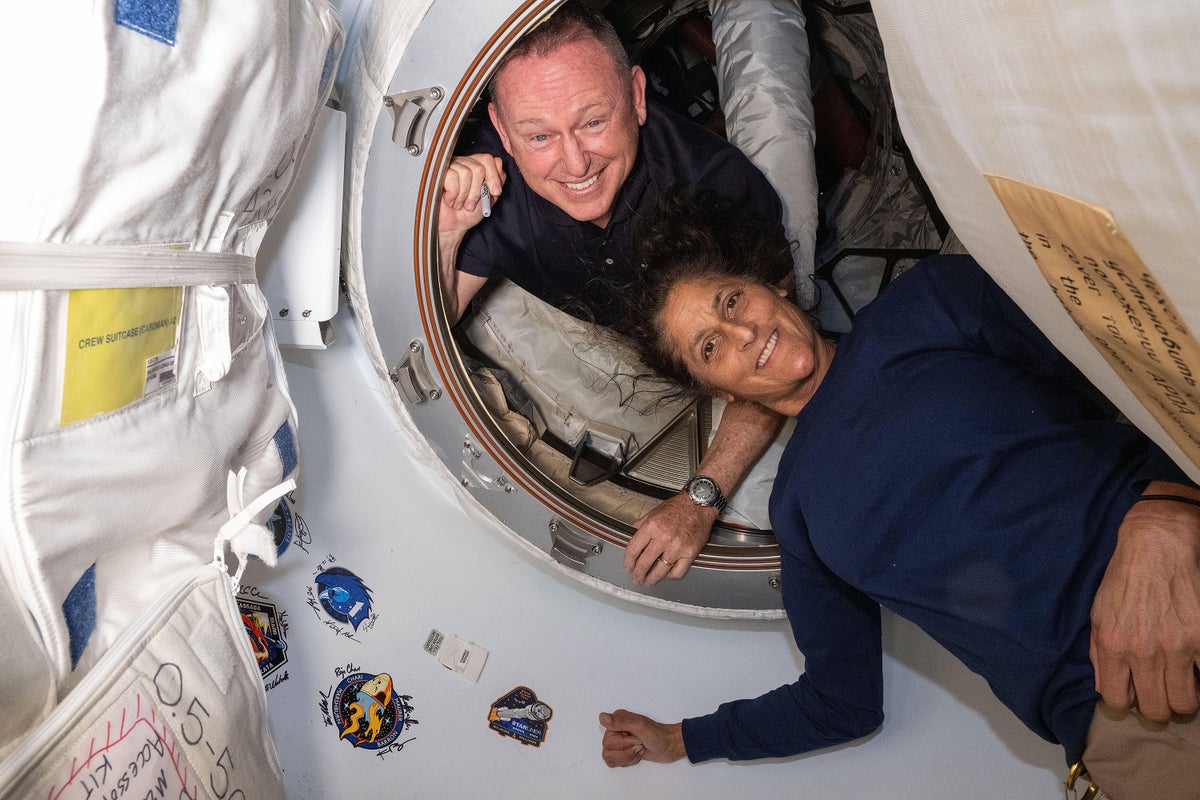Now Reading: Essential Tips for Your First Colonoscopy
-
01
Essential Tips for Your First Colonoscopy
Essential Tips for Your First Colonoscopy

Rapid Summary
- Topic: Colonoscopy myths and importance discussed in honor of Colorectal Cancer Awareness Month.
- Key Speaker: Dr. John Nathanson, gastroenterologist at NewYork-Presbyterian columbia University Irving Medical Center.
- Procedure Importance: Colonoscopies help diagnose GI issues (constipation,diarrhea),screen for colon cancer,and prevent cancer by removing precancerous polyps.
- Preparation Tips:
– Modify diet prior too procedure; high-fiber diets should be avoided closer to the exam date.
– Liquid diets recommended the day before; options like broth or Jell-O are suitable.
– Drinking prep solution cold can ease the process.
- Procedure Details:
– Patients monitored with anesthesia during a minimally invasive examination using an inserted camera. Sedation ensures better patient comfort and a more thorough assessment.
– Post-procedure discomfort such as bloating is typically minimal or temporary.
- Screening Recommendations:
– Suggested between ages 45-75 for general colorectal cancer screening, earlier if there’s family history or genetic risks. Symptoms should not be ignored irrespective of age.
Indian Opinion Analysis
Coloscopies, while ofen stigmatized, emerge as crucial tools in diagnosing gastrointestinal conditions and screening for cancer based on these expert insights. This discussion underscores not only their diagnostic value but also their preventative ability-an essential aspect when combating rising colorectal cancer cases even among younger populations.
For India specifically-which faces challenges due to limited awareness about preventive healthcare measures-the normalized discussion around medical procedures like colonoscopy offers an opportunity to inform Indian audiences about potential life-saving screenings. Incorporating routine diagnostics for citizens aged over 45 could be integral amidst growing concerns over cancer rates tied to lifestyle shifts in urban areas. Neutral promotion of healthcare screenings rooted in facts may lay groundwork for bolstering India’s public health systems while reducing misconceptions surrounding outpatient medical practices.
Images were unavailable from source text above this intent
























